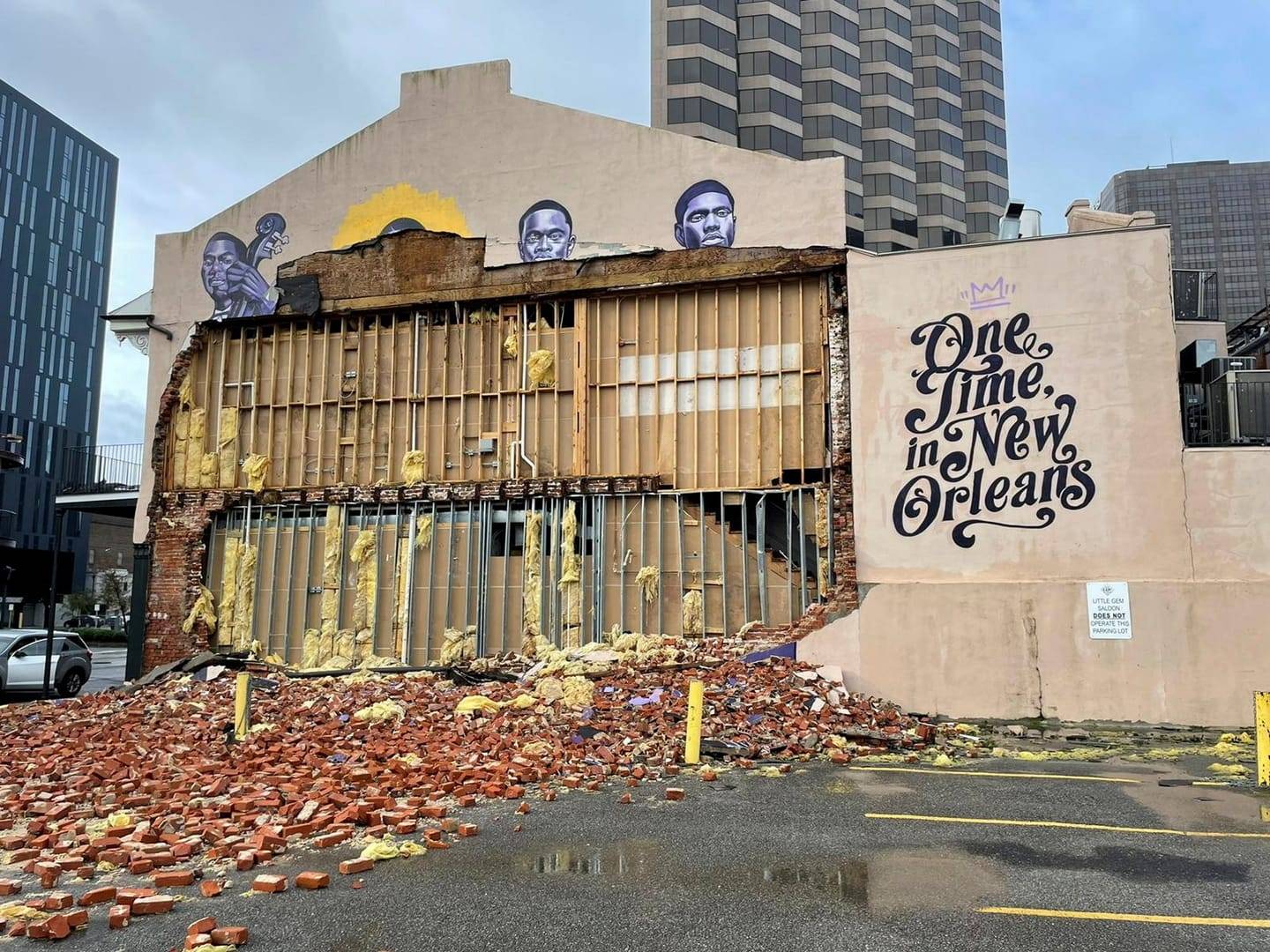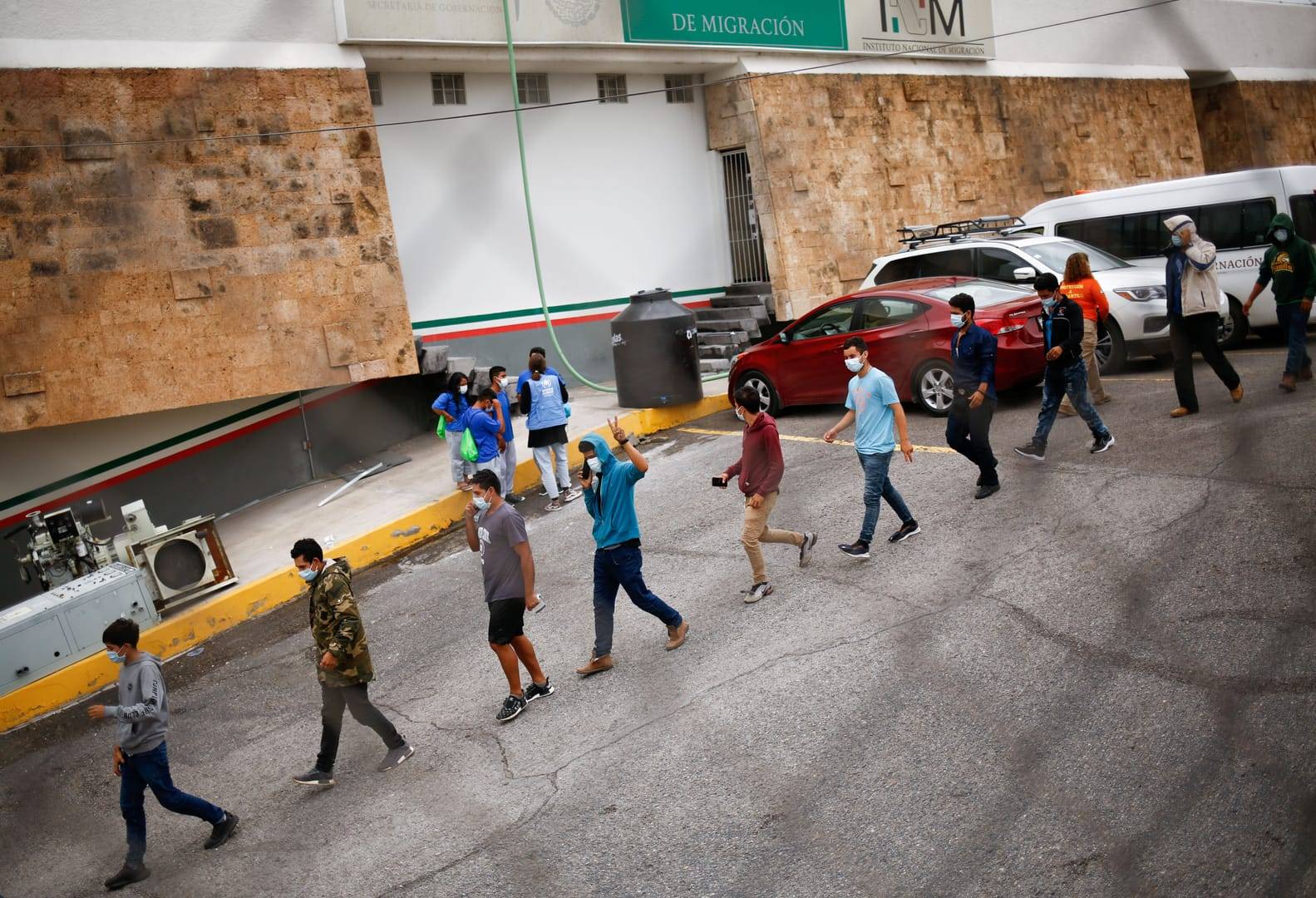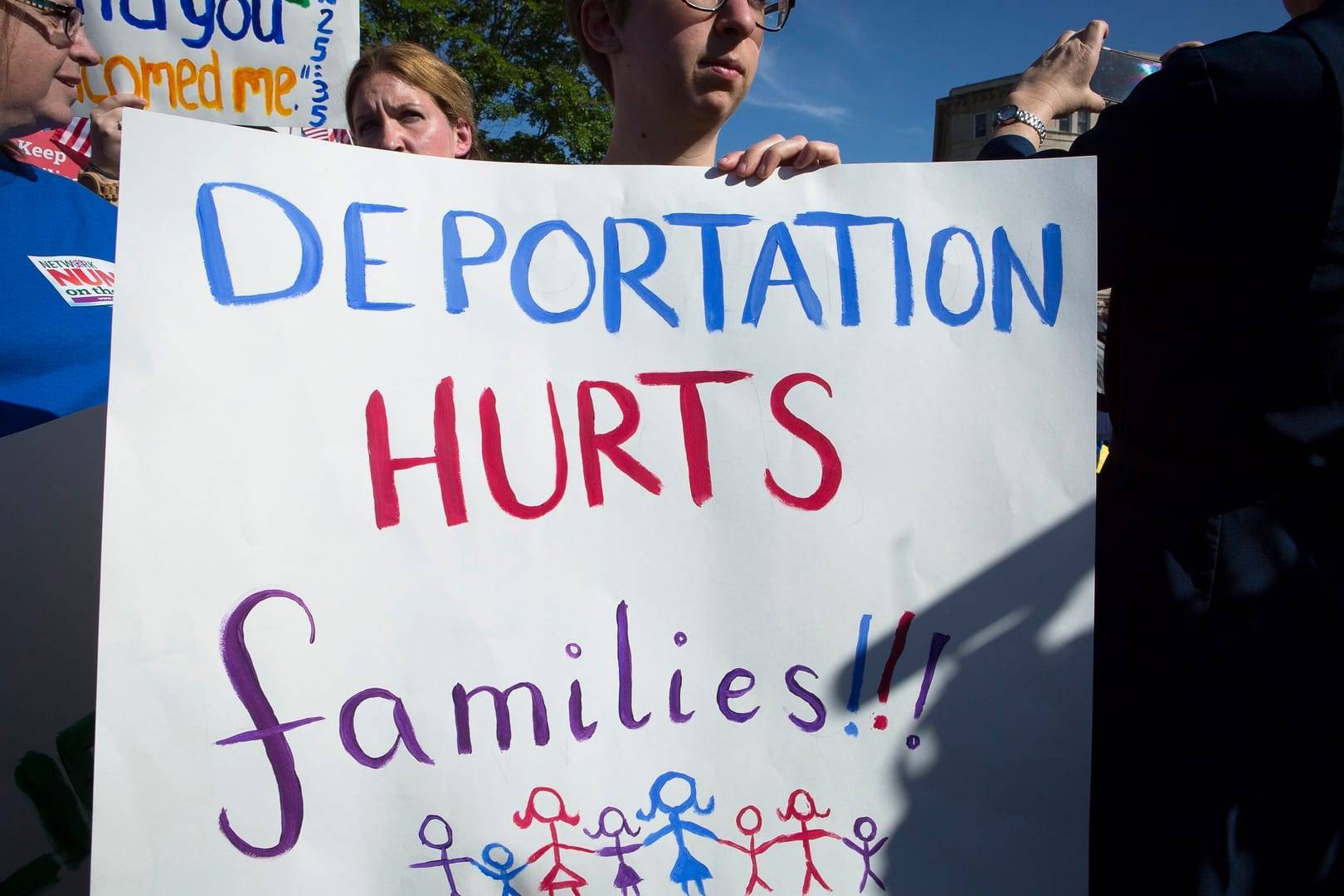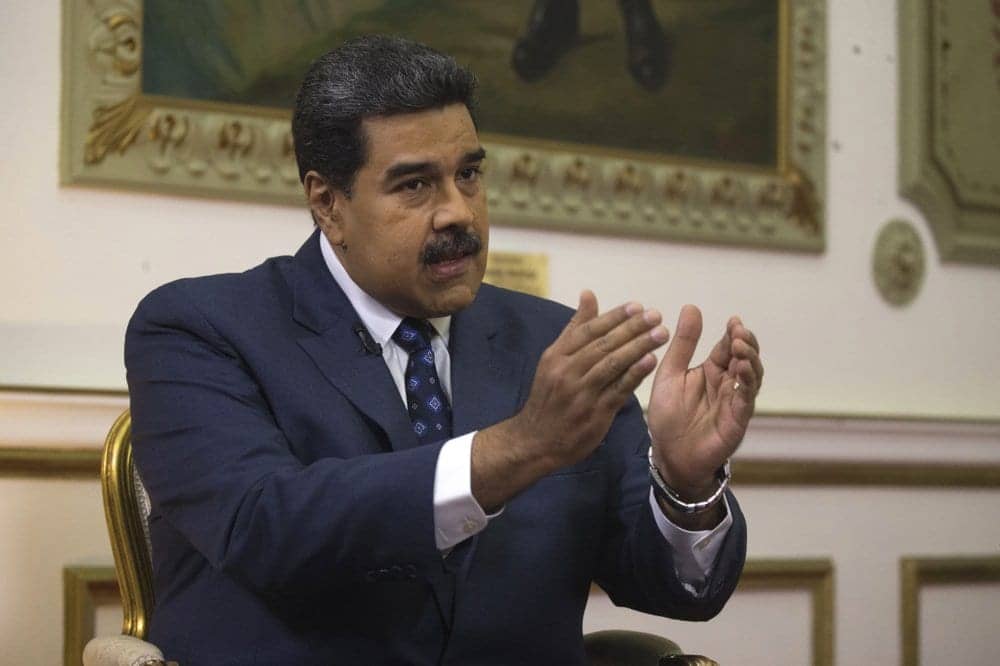MADRID, Spain – The prison ministry founded by a Spanish Jesuit in the 1960s has had such fruits as a group of inmates donating their own money to help the needy at Christmas, according to the head of the foundation.
At Christmas of 2015, a group of prisoners in the Estremera prison in Madrid did their own food drive to buy non-perishable food with their own money from the prison store, Lola Navarro, president of the Father Garralda-Horizontes Abiertos Foundation, told CNA.
“All the prisoners who participated agreed to deliver the more than 220 pounds of food to the Fr. Garralda Foundation to help those they were thinking of, because they knew that there are people who needed it more than they did.”
Helping prisoners rebuild their lives, overcome addictions, and re-enter the workforce is a challenge that the Father Garralda-Horizontes Abiertos Foundation has been working toward for 40 years.
Navarro said Father Jaime Garralda began to work with prisoners and now serves, through his foundation, more than 200 people in prison, halfway homes for parolees, and with workshops on re-entering the workforce.
“Fr. Jaime Garralda, S.J., lived for 16 years in in a shanty town during the ’60s. Many women there wanted to visit their husbands or children who were in prison. Fr. Garralda and some volunteers began to accompany them and began a social action work in the prisons, also addressing all those realities related to the prisons,” Navarro explained.
“We also have the figure of the ‘volunteer resident’, or prisoners who are at the end of their sentence who help others in the prison achieve their goals so they can set out on an itinerary so their stay in the prison is as bearable as possible.”
She pointed out how this is “beautiful, because that person sees that you have helped them and now they’re the ones who get involved with the other prisoners to give back what was given to them, and the horizons that were opened up for them.”
The foundation has a rehabilitation center for prisoners who are addicted to drugs where more than 100 people live, with floors for HIV patients, and they vouch for prisoners who meet certain requirements so they can request a supervised leave.
“We call this assistance “toward freedom” because family members or friends need to give guarantees to ensure that the prisoner’s leave from prison meets some minimum conditions and also that he will return when his permission to leave expires. We vouch for certain people who have no one to turn to and we help make this transition as good as possible,” Navarro said.
She commented that her favorite program is one they do for the children of mothers who are in prison: “We organize camps for the children, outings with the mothers, workshops to lessen the prejudices created by prison, and we help mothers and children have a little more of a normal life, at least for a few days.”













